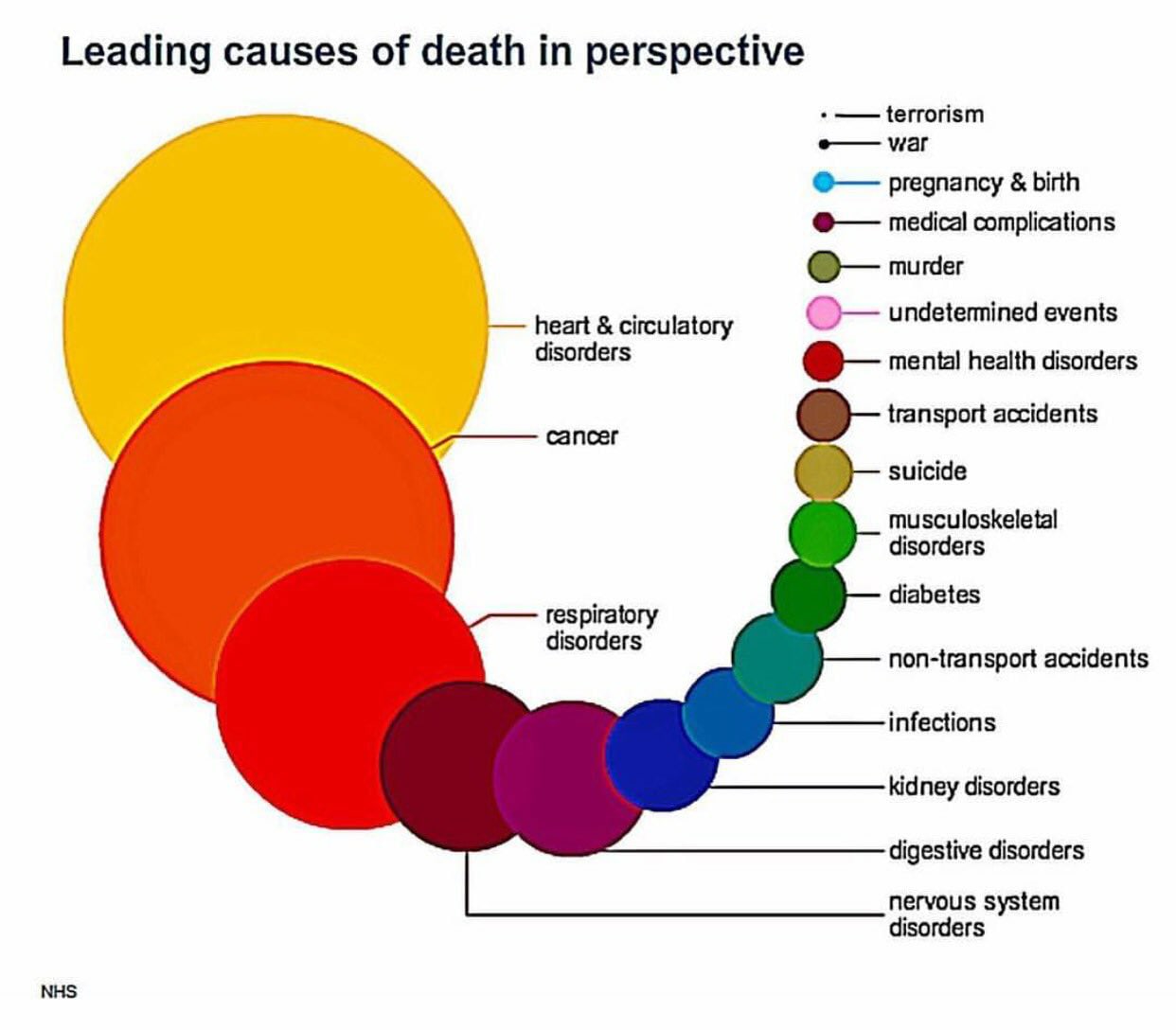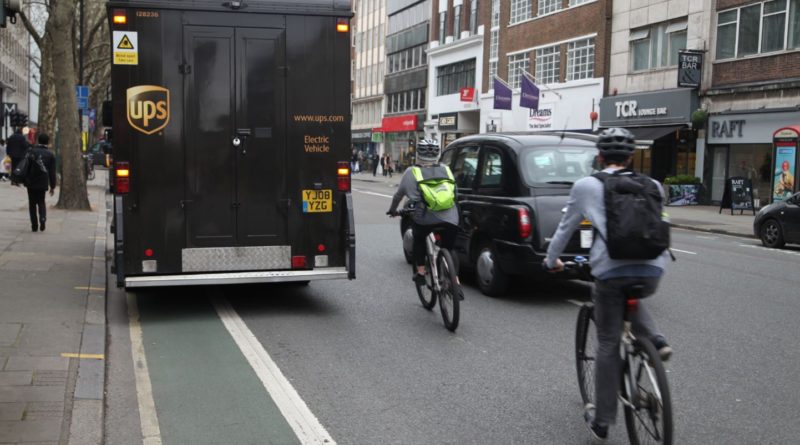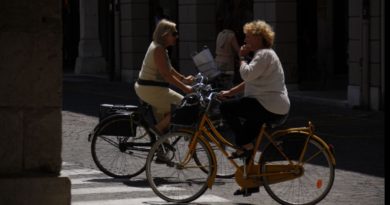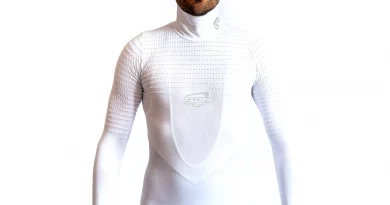Transport Research Laboratory white paper on clean air recommends e-bikes and active travel shift
A newly launched white paper from the Transport Research Laboratory on the role of transport in polluting cities warns that “expectations must change” as roads become “less geared towards individual car ownership.”
Prominently featured under the “Future Approaches” segment of the document are two banners recommending promotion of active travel as a solution, as well as research that outlines the potential of the electric bike in reducing car mileage.
In one study the TRL Academy ran alongside 80 Brighton-based volunteers, e-bikes were loaned for a six-to-eight-week period. At the end of that trial three quarters of subjects were shown to have used their bikes to ride 15 to 20 miles per week on Brighton’s mixed terrain, with an average of 20% less miles traveled by car.
Furthermore, 70% of participants said they would then be interested in an electric bike in the near future.

On active travel the paper offers: “Not only do walking and cycling have obvious personal health benefits to the individual and contribute nothing to pollution levels, but active travel may also expose individuals to less pollution than sitting inside a vehicle. Work by Dr Barrett of King’s College, who addressed the symposium, indicates that vehicles provide no protection against pollution. In fact, passengers carrying individual air quality monitors were exposed to higher pollution levels as passengers than when walking or cycling beside a busy road.”
The Transport Research Laboratory is an frequently used testing ground for future transport concepts. Indeed Dutch style roundabouts, among other research projects have been trialed at the facility in order to see how UK drivers and cyclists respond in random tests.
Titled A Breath of Fresh Air: A Holistic Approach to Reconcile Future Transport with Improved Air Quality, the paper is focused largely on how motoring habits are likely to require a fundamental rethink, the paper does speak of shifting modal share to other less space consuming means of transport.
Outlining three strands on which it recommends authorities tackle air pollution the paper suggests society should move to:
1. Reduce vehicle activity – i.e. modal shift; reduce journeys (e.g. work from home); car share etc.
2. Use low emission vehicles – i.e. scrap old, polluting vehicles and replace with newer cleaner vehicles, ideally ULEVs.
3. Change the way in which vehicles are driven, through traffic management and/or driver training.
Ultimately the paper concludes that “societal change” is required over the long term, something which TRL suggests may be achieved by “carrot and stick” regulatory measures. These would include either penalising adverse behaviours or incentivising positive behaviours.
“Transport expectations for the future must also change; the road experience is likely to become less geared towards individual car ownership and solitary journeys and more about communal travel, vehicle-sharing and central coordination of car use. This will very likely be facilitated by the use of automated vehicle services and mobility-as-a-service (MaaS) business models,” adds the paper.
In drawing its conclusion, TRL outlines that false starts can all too often happen when bringing about meaningful change in transport habits and thus reduced pollution. Therefore a national Government plan is called for.
The organisation concludes: “The cumulative effect of numerous small improvements in technology, management and legislation will only come within a cross-agency, holistic framework. A strong, determined, but even-handed coordinator, most likely at national government level, is required to bring the different agencies together without necessarily backing a single champion solution because, as we have seen, this can lead to false starts and unintended consequences.”



